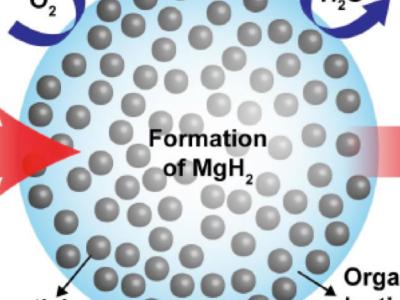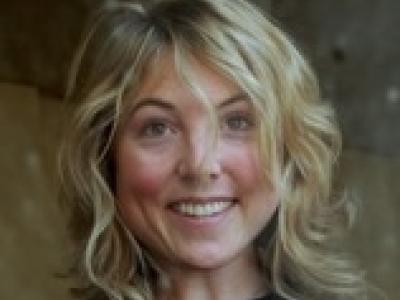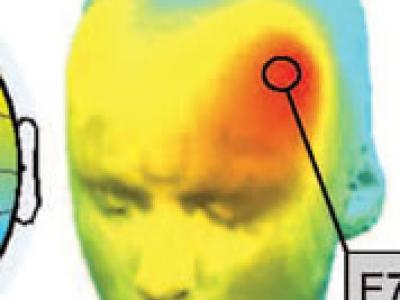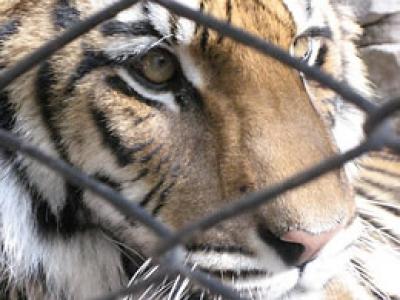Berkeley Scientists Achieve Breakthrough in Nanocomposite for High-Capacity Hydrogen Storage
Berkeley researchers have designed a new composite material for hydrogen storage consisting of magnesium metal nanoparticles embedded in a Plexiglas-type polymer that rapidly absorbs and releases hydrogen at modest temperatures without oxidizing the metal after cycling. This achievement is a major breakthrough in materials design for hydrogen storage, batteries and fuel cells.
World’s top 100 universities for 2011: UC Berkeley is #4
Slaying the dragon of debt: Officials’ oral histories tell the political backstory
Federal officials who have played a key role in shaping the nation’s fiscal affairs share their insights on a new website titled “Slaying the Dragon of Debt.” Launched by the Bancroft Library’s Regional Oral History Office, the site features interviews and other resources aimed at aiding scholars and informing public debate.
UC Botanical Garden adopts eco-friendly fertilizing method
Law student’s book features former Liberian child soldiers
“And Still Peace Did Not Come,” a book coauthored by Berkeley Law student Emily Holland ’12, reveals haunting personal recollections of Liberian child soldiers and their victims. A former TV producer and humanitarian journalist with experience in Africa, Holland specializes in international law and human rights and teaches street law to youth at a juvenile detention facility.
As we sleep, speedy brain waves boost our ability to learn
Scientists have long puzzled over the many hours we spend in light, dreamless slumber. But a new study from UC Berkeley suggests we’re busy recharging our brain’s learning capacity during this traditionally undervalued phase of sleep, which can take up half the night.
Reading the life history of a 4.5 billion-year-old meteorite
A new, high-resolution analysis of a dust grain from the Allende meteorite documents the widely varying environments the grain wandered through in its 4.5 billion-year travels around the solar system.
Has the Earth’s sixth mass extinction already arrived?
UC Berkeley biologists and graduate students delved into the fossil record to compare past animal extinctions — in particular the five “mass extinctions” that occurred within the past 540 million years — with today’s extinctions. They find that, while the rate of extinctions today is higher than during past mass extinctions, conservation efforts could help us avoid a sixth.






